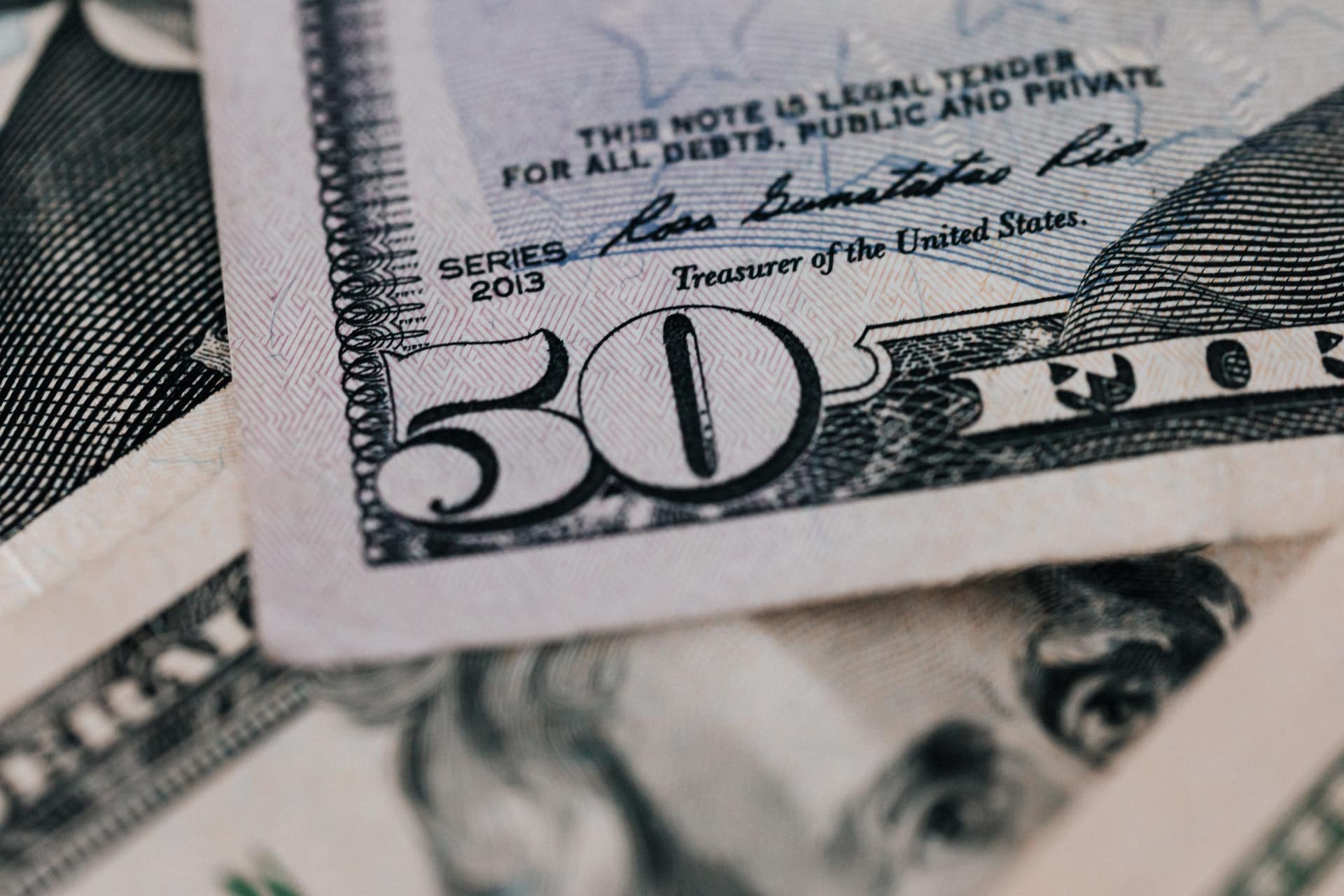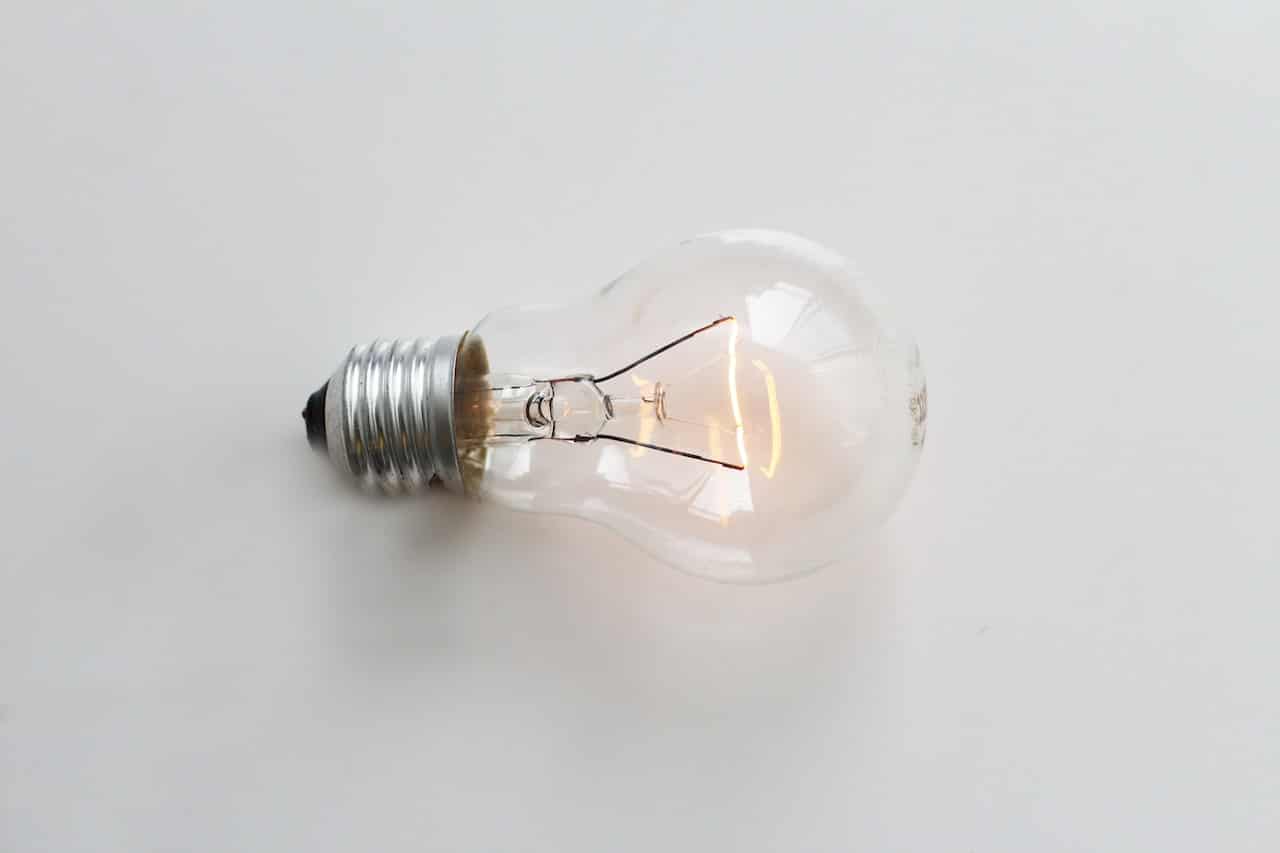Are you unemployed and looking for a no income loan? Those who need to borrow money without income verification may think it’s challenging to get a loan with reasonable interest rates and manageable payback terms, but this is just not the case!
There are many emergency loan options when you have no job or don’t have access to a traditional pay stub from a 9-5 job. A few uses people may have for no income loans are:
- Financial assistance for those who lost their job and can’t pay bills
- Credit card debt consolidation
- Setting up a retirement account and planning your financial future
- Covering necessary medical expenses, so you don’t have to put your health on hold
Keep reading to find out the best no income loans and how to pay for them!
What Is a No Income Loan?
No income loans are a type of funding available to individuals without a job or a traditional means of income. Many traditional lenders require proof of annual income or monthly income before approving an applicant for a loan. Some even establish a minimum income needed for applicants to receive approval and deny applications if the applicant doesn’t earn enough. This can make finding a direct lender difficult for those looking for no income loan products.
Fortunately, some online lenders consider applicants without a job or traditional income verification. There are plenty of ways other than a pay stub to prove you have the means of paying for a loan!
Emergency Loan With No Income
When you want to get a loan with no income, there are two main options: unsecured and secured personal loans. A secured personal loan is a type of funding where the lender takes partial ownership of a piece of collateral during the loan term. This collateral helps lenders for secured loans lessen their financial risk when lending out money. An example of a secured loan would be funding like a title loan or a home loan.
Alternatively, an unsecured loan is funding that requires no collateral. This means borrowers for unsecured loans don’t have to give up ownership of any piece of their property in order to get a personal loan. Specifically, unsecured personal installment loans may make a good option for those who need low income loans.
Why should you consider a personal installment loan? To start, installment loans offer competitive interest rates and convenient monthly payments. Unlike some unsecured loans such as payday loans, installment loans provide the flexibility to adjust your payback plan with flexibility and ease. When your loan payment plan fits your unique financial situation, you can set yourself up for success to get your finances back on track and organized.
To get a no income loan like a personal installment loan, potential borrowers would need:
- Government-issued photo identification
- Proof of income
- Proof of residency
- An active checking account
Ways To Pay For a No Income Personal Loan When You Don’t Have a Traditional Job
Not everybody has income verification from a traditional 9-5 job. But that doesn’t mean those people shouldn’t be able to get a loan when they need funding! Many people don’t have a traditional job but are self-employed or receive regular income through other means. For example, self-employed borrowers can prove their income via bank statements, tax returns, or bank records showing clients’ payments. Just because someone doesn’t receive a regular pay stub doesn’t mean they can’t prove self-employed income!
What if you don’t have qualifying tax returns and are not self-employed; but currently unemployed or laid off? In that case, you may be worried you won’t be able to provide income verification for a loan. However, depending on your situation, you may qualify for financial assistance that could help you prove income to get a loan!
Below are a few types of income documentation that multiple lenders accept for no income loans.
Unemployment
During tough economic times, lenders will often consider unemployment benefits as an acceptable form of income to pay for a loan. To receive unemployment payments, you must first sign up using the portal on your state government’s website. You usually need to submit your social security number, driver’s license, and your employment history from the past year to prove you qualify for unemployment.
If your application is approved, you will begin to receive government payments every two weeks for up to six months. During this time, you must prove you are actively looking for employment. If you don’t, you may end up losing your eligibility for unemployment payments.
Workers’ Compensation
Workers’ compensation is another form of payment you may be able to use to cover your no income loan. Individuals injured at work in a way that prevents them from carrying out their regular job duties may qualify for workers’ compensation payments while they heal. If these payments are not enough to get you by on their own, no income loans may be able to help fill that gap. You can then pay back your loan using your workers’ compensation payments until you are well enough to go back to work. At that point, you would be able to use the money from your paycheck to cover your expenses.
Court-Issued Funding
Court-issued funding such as child support or settlements is often acceptable as proof of income for a personal loan. Lenders care mostly that their borrowers have the financial means to cover their loan balance, so they don’t get stuck with a debt commitment they can’t keep up with. As long as you can prove you have a steady stream of income coming in, many lenders will accept this as an appropriate means of paying back your loan.
Social Security Benefits
Another way to pay for your loan when you don’t have a job is to use social security benefits. If you are 62 years of age or older, you are eligible to receive social security payments from the government. While you may qualify for higher payments the longer you wait to opt for social security benefits, the minimum amount may be enough to prove income for a personal loan.
Do I Need a High Credit Score To Get No Income Loans?
Having a higher credit score will certainly help you get approved for a no income loan. Still, options are also available for those with a poor credit history. When you fill out a loan application, lenders will look at your finances and credit history, including your credit score. Some lenders will adjust details like the loan amount, monthly payment, and interest rates to fit that minimum credit score if you have bad credit. So while you may not be approved for an extremely high loan amount, you can still find suitable funding with convenient loan terms to cover your financial needs.
But what if you find you need additional money? Over time, with consistent on-time payments, you may be able to refinance and get a personal loan with new terms, rates, and an increased loan amount.
Thankfully, bad credit won’t ruin your job search. If you aren’t confident about your credit history, getting a steady job could help you with consolidating debt and boosting your credit score. After a few paychecks in your bank account, you may then be ready for new low income loans from a different financial institution.
Personal Loans To Avoid When You Need No Income Loans
It’s important to remember that not all personal loans are the same. While funding like personal installment loans or some bad credit loans can offer convenience and flexibility, others do not. Here are some loan options you want to avoid when you need a no income loan.
Payday Loan
Payday loans for bad credit are a funding option to avoid when looking for no income loans. Since payday loans were designed with the borrower’s next paycheck in mind, you may get hooked with high-interest rates and inconvenient loan terms if you commit to a payday loan when you don’t have a job. On average, payday loans require the borrower to contribute about 36% of their next paycheck to successfully repay the loan.1 You will most likely get a much more reasonable rate, loan term, and funded amount by going with another option.
Car Title Loans
Another form of funding with brief loan terms and high-interest rates is car title loans. Not only are title loans a costly form of financing, but they also put verified assets like the borrower’s vehicle at risk. Suppose you miss a payment or end up defaulting on your title loan. In that case, your lender may repossess your vehicle and either auction it off or send it to an impound lot.
Bank Loans
Bank loans are another form of funding you may want to avoid if you don’t have a reliable source of income. Banks look almost exclusively at a borrower’s credit history and financial background. So, chances are you won’t be approved for the loan term or funded amount you were hoping for if you apply for a bank loan when you don’t have a job or don’t have traditional income.
Loans From a Broker
Brokers are financial institutions you probably want to stay away from, no matter your financial circumstance. Often, brokers are unreliable and may only recommend specific lenders to you so they may receive compensation themselves! You may get stuck with a lender or loan product that isn’t the best fit for you.
Cash Advances
Getting cash advance loans without a job may not be a wise financial decision. Typically, cash advances are designed to provide consumers with early access to their paycheck. So, if you don’t have a paycheck coming to repay your balance, a cash advance loan may just make your financial situation worse. While you may be able to get a cash advance using unemployment as income, this probably is not a good idea, except in extreme circumstances.
Credit Card Cash Advance
Interest rates and cash advances on a credit card can be a bit higher than they would be for regular purchases. These rates can cause your total balance to get out of control quickly, which could then lead to missed or late payments.
What To Do When You Need Money and Don’t Have a Job
A no income loan can also be a great way to help you out financially while looking for a job. If you need money but don’t have a job, you may want to consider acquiring employment. That way, you won’t have to rely on loans to get you by. You don’t need a draining full-time 9-5 job in order to earn enough money to pay for your expenses. In fact, there are many part-time jobs that pay well! Also, looking at government programs for free or subsidized offerings is always an option.
To find a job quickly, you can set up job alerts, so employment opportunities frequently pop up in your inbox. From there, all you need to do is select and apply for the opportunities that sound appealing to you.
Possible Financial Solutions For Those With No Income or Bad Credit
| Option | Description | Pros | Cons |
| Peer-to-Peer Lending | Online platforms where individuals can lend to borrowers directly without traditional financial institutions. | – Potentially lower interest rates. – Flexible terms. | – Bad credit may be a problem. – Limited loan amounts. |
| Pawn Shop Loans | Loans given in exchange for personal items or collateral. | – Quick cash. – No credit check. | – Risk of losing items.- High interest rates. |
| Family & Friends | Borrowing money from close acquaintances or family members. | – Flexible repayment. – Potentially no interest. | – Risk to personal relationships if not handled responsibly. |
| Government Assistance | Programs designed to help those in financial need, e.g., welfare or food stamps. | – No repayment required. – Multiple programs available. | – Eligibility criteria. – Limited funds. |
| Freelance or Gig Work | Short-term or contract-based jobs, e.g., driving for a rideshare company or freelance writing. | – Earn as you work. – Flexible hours. | – Inconsistent income. – No job security. |
| Sell Unused Items | Selling items you no longer need, e.g., through online platforms or garage sales. | – Immediate cash. – Decluttering. | – One-time solution. – Time-consuming. |
| Rent Out a Room or Property | Earning money by renting out spare rooms or properties on platforms like Airbnb. | – Steady income source. – Use of existing assets. | – Privacy concerns. – Maintenance costs. |
FAQ: No Income Emergency Loans
While both can provide financial relief, emergency loans are typically designed for urgent financial needs and may have faster approval times. Traditional personal loans, on the other hand, might require more extensive credit checks and documentation but could offer better terms.
Most lenders require applicants to have an active bank account to transfer funds. However, some credit unions or alternative lenders might offer other disbursement methods.
Credit unions, especially federally chartered credit unions, often have more flexible lending criteria and might offer lower interest rates than traditional banks. They are member-owned and may be more understanding of unique financial situations.
A credit card cash advance can provide emergency cash, but it often comes with high-interest rates. Without a steady income, repaying the advance can become challenging, leading to increased debt.
Yes, some lenders offer unemployment emergency loans specifically designed for individuals who’ve recently become unemployed. These loans might have more lenient approval criteria but ensure you understand the terms before committing.
Many lenders consider pension or retirement income as a valid source of income. Ensure you have documentation to prove your pension or retirement income when applying.
Auto loans are used to purchase a vehicle, while auto title loans use your vehicle’s title as collateral for borrowing money. With auto title loans, you risk losing your vehicle if you can’t repay the loan.
While a savings account can enhance your credibility, many lenders primarily require an active checking account. However, having a savings account might open up additional loan options.
Credit scores play a significant role in determining your eligibility for loans. A higher score can lead to better loan terms, while a bad credit score might limit your options or result in higher interest rates.
Yes, some lenders offer loans tailored for those without a steady income, considering alternative income sources like rental income, investments, or even government benefits.
A credit union may allow non-members to apply, but becoming a member might offer you better loan terms and interest rates.
Auto title loans use your vehicle as collateral. If you fail to repay the loan, the lender has the right to repossess your vehicle, which could leave you without transportation.
A Word From CreditNinja About No Income Emergency Loans
CreditNinja knows it can be frustrating and stressful when you have no income and need money now. If you find yourself in this kind of situation, CreditNinja suggest you try the following solutions first before seeking out a loan:
- Dip into funds from a savings account
- Ask a trusted friend or family member for a small loan
- Have a garage sale
- Get a temporary part-time job
- Reorganize your finances to see if you can free up some room in your budget
You can also access free credit counseling services and speak with an advisor who may be able to give you personalized advice. To learn more about loans, budgeting, and more, you can check out the CreditNinja blog dojo available to everyone for free!
References:







